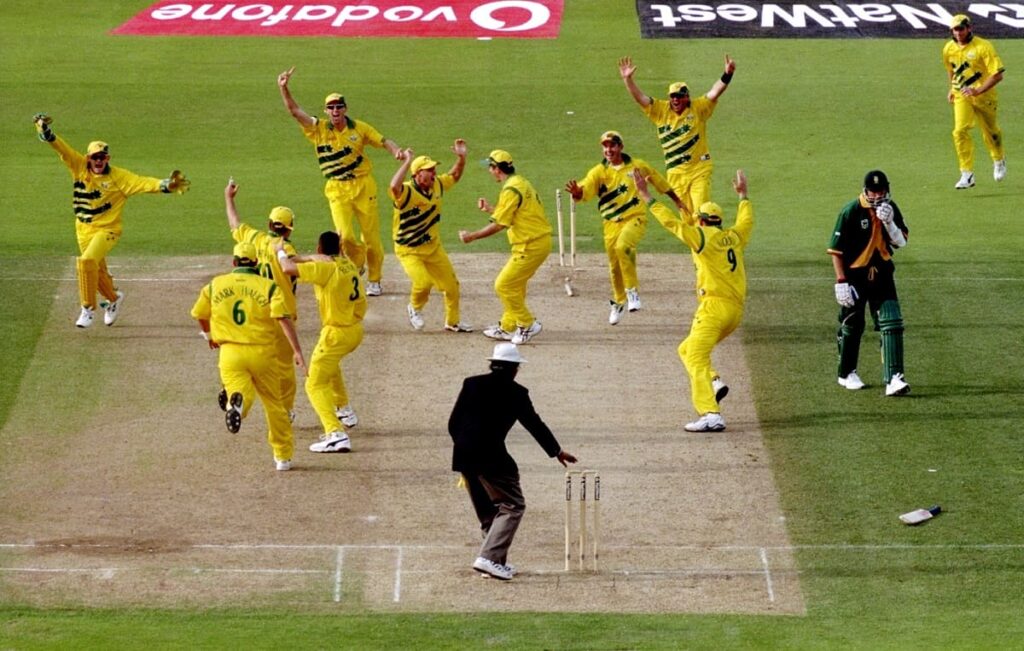
Kriketga pul tikish uchun jamoalarni qanday tanlash mumkin
Kriket o’yinida pul tikish uchun jamoa tanlash, strategiya va muvaffaqiyatga yetishish uchun juda muhimdir. Bu maqolada, kriketga pul tikish uchun jamoalarni tanlashning muhimiyati, ularni tahlil qilishda e’tirozlar va takliflar, o’zlarini isbotlashlari va o’yin davomida muvaffaqiyatga yetishish uchun kerakli qo’llanmalar va taktikalar haqida batafsil ma’lumotlar beriladi. Jamoalarni Tushunish Kriket o’yinlarida pul tikish uchun jamoa tanlash muhim...
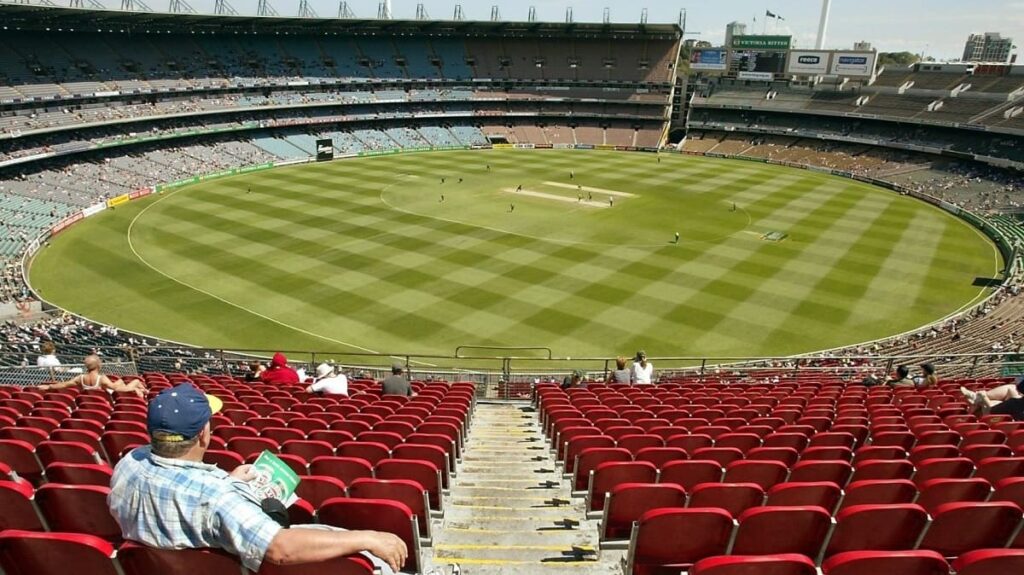
Bir kunlik o’yinga tikish: Asosiy ballar
Bir kunlik o’yinga tikish, kriketning kichik vaqt davrida o’tkaziladigan o’yin turi bo’lib, bu esa o’yinchilar uchun qisqa va samarali bo’lgan o’yinlardan biri hisoblanadi. Asosiy ballar haqida maqolada, bir kunlik o’yinga tikishning xususiyatlariga e’tibor qaratiladi va uning muhim qoidalari, g’alaba qozonish uchun kerakli taktikalar va boshqa muhim masalalar o’rganiladi. O’yin Tushunchasi «Bir kunlik o’yinga pul tikish»...
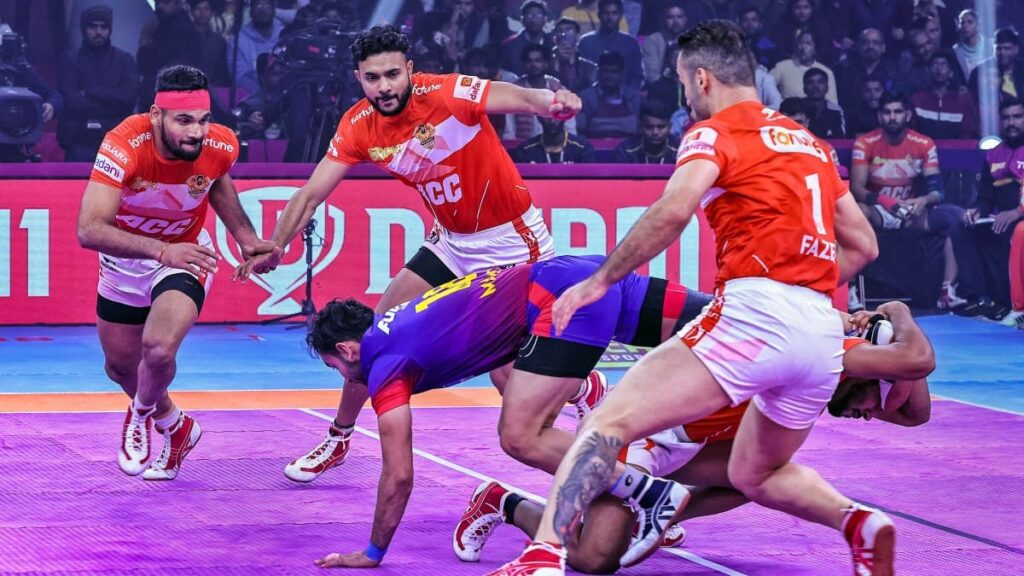
Kabaddiga pul tikish uchun jamoalarni qanday tanlash mumkin
Kabaddi sportida g’alaba qozonish uchun jamoalarni to’plash muhim bo’lib, ularni tanlash esa o’ynagan o’yin turlari va jamoa strukturasiga qarab amalga oshiriladi. Bu maqolada, kabaddiga pul tikish uchun jamoalarni tanlashning muhimiyati va bu jarayonni amalga oshirish uchun kerakli tahlil va qo’llanmalar haqida batafsil ma’lumotlar beriladi. O’yinchi Manzillarni Tushunish Kabaddi o’yini, raiders va defenders deb nomlanuvchi ikki...
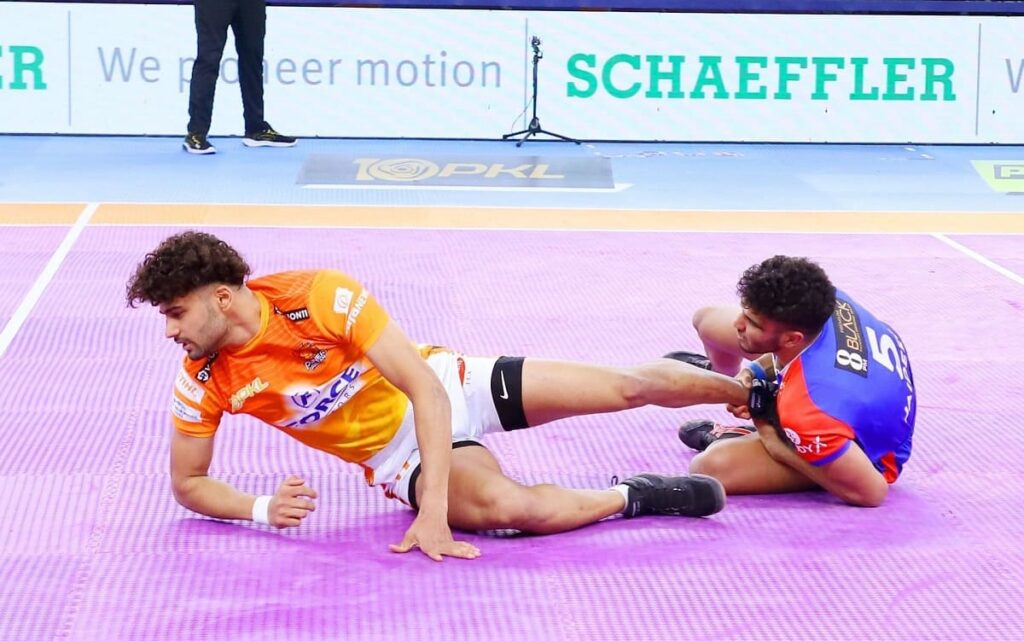
Kabaddi tikish: jamoa shaklini tahlil qilish
Kabaddi – o’stirilgan, dinamik va jamoa tadbiridir, bu esa uning taktik va jamoa shaklidan kelib chiqqan o’ziga xos jihatlarini qo’llaydi. Kabaddi tikish haqida maqola, o’yin tavsifi va uning tuzilishiga e’tibor qaratadi, jamoaning samaradorligi va g’alaba qozonish uchun kritik taktikalar, tuyulish va qo’llanmalar haqida batafsil ma’lumotlar beradi. Kabaddi Pul Tikish Qoidalari Kabaddi Pul Tikish o’yini tashqi...
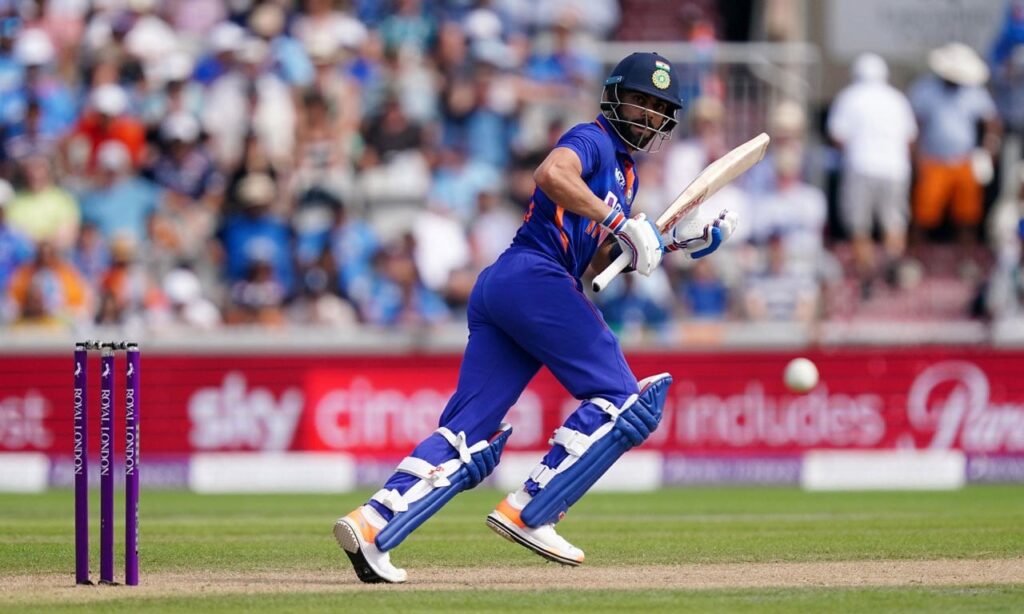
Twenty20 tikish: taktika va tavsiyalar
Twenty20 formati kriketning yangi yo’nalishi bo’lib, bu o’yin shakli o’z mavzusiga ega. O’ziga xos xususiyatlar bilan ajralgan, Twenty20 tikishda g’alaba qozonish va muvaffaqiyatga yetishish uchun xususiy taktikalar va qo’llanmalar juda muhimdir. Bu maqolada Twenty20 tikishning o’zining taktika va tavsiyalari, o’yin davomida kutilayotgan nuqtai nazardan o’tkazib, g’alaba qozonish uchun zarur bo’lgan muhim ko’nikmalarni o’rganishingiz mumkin. Yigirmani...
